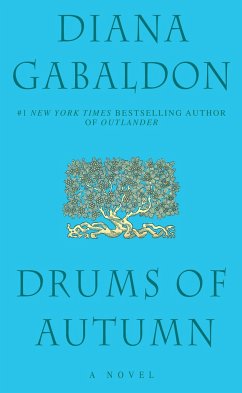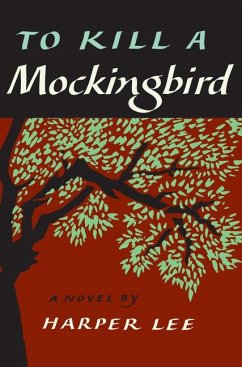
First Love
Versandkostenfrei!
Versandfertig in 1-2 Wochen
15,99 €
inkl. MwSt.

PAYBACK Punkte
8 °P sammeln!
First published in 1860, 'First Love' is a novella by Ivan Turgenev, a Russian novelist, short story writer, poet, playwright, translator, and popularizer of Russian literature in the West. Some criticized its light subject matter that did not touch upon any of the pressing social and political issues of the day. But it had its many admirers, including the French novelist Gustave Flaubert, who gushed in a letter to Turgenev, "What an exciting girl that Zinochka is!" It tells the love story between a 21-year-old girl and a 16-year-old boy. Like many of Turgenev's works, this one is highly autob...
First published in 1860, 'First Love' is a novella by Ivan Turgenev, a Russian novelist, short story writer, poet, playwright, translator, and popularizer of Russian literature in the West. Some criticized its light subject matter that did not touch upon any of the pressing social and political issues of the day. But it had its many admirers, including the French novelist Gustave Flaubert, who gushed in a letter to Turgenev, "What an exciting girl that Zinochka is!" It tells the love story between a 21-year-old girl and a 16-year-old boy. Like many of Turgenev's works, this one is highly autobiographical. Indeed, the author claimed it was the most autobiographical of all his works. Here Turgenev is retelling an incident from his own life, his infatuation with a young neighbor in the country, Catherine Shakovskoy (the Zinaida of the novella), an infatuation that lasted until his discovery that Catherine was in fact his own father's mistress.












